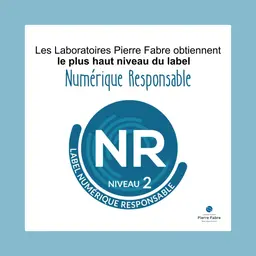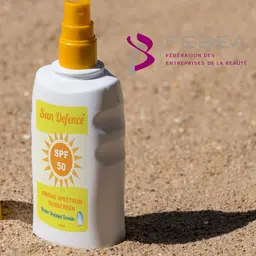
It is essential for brands to protect their trademark – even fundamental. Which one should they choose? What should they pay attention to when filing the registration? Why should they protect it? What defence strategy should they implement? Éric Schahl, partner of Inlex IP Expertise, and Hermine Coudry, European Trademark Attorney, facilitated a master class on this issue at the last Beyond Beauty show.
Founded in 1995,
Inlex IP Expertise
is a law firm that specializes in clearance search, protection, defence, and valuation of creative projects related to trademarks, industrial designs, copyright, domain names, and commercial and marketing concepts.
Inlex IP Expertise is present on several markets, including wine and spirits, but also the digital, perfumery, and cosmetics markets. They help both key accounts and smaller structures (SMEs, VSBs, private individuals…) manage their intangible assets.
Distinctiveness
From a legal standpoint, distinctiveness is an essential element for a brand: the objective is to claim an operating monopoly over a mark for a business territory enforceable against third parties, which corresponds to the distance between the brand’s activity and the sign conveyed by its mark as regards the identification of the origin of the goods and/or services concerned.
Depending on the range of the distance, the level of distinctiveness will be more or less high or low. The greater the distance, the more distinctive the trademark is.
Kodak and Pimkie are two examples of trademarks that bear no meaning as such, and therefore do not connote any relationship with their activity (cameras for the former, fashion for the latter).
‘As it was invented, their territory of …













